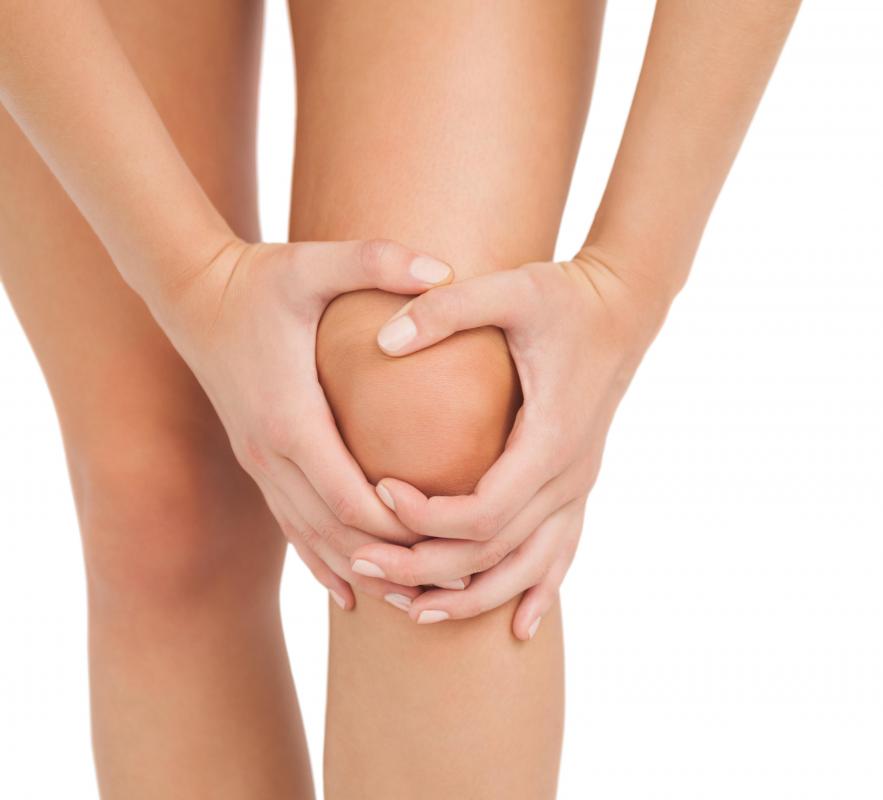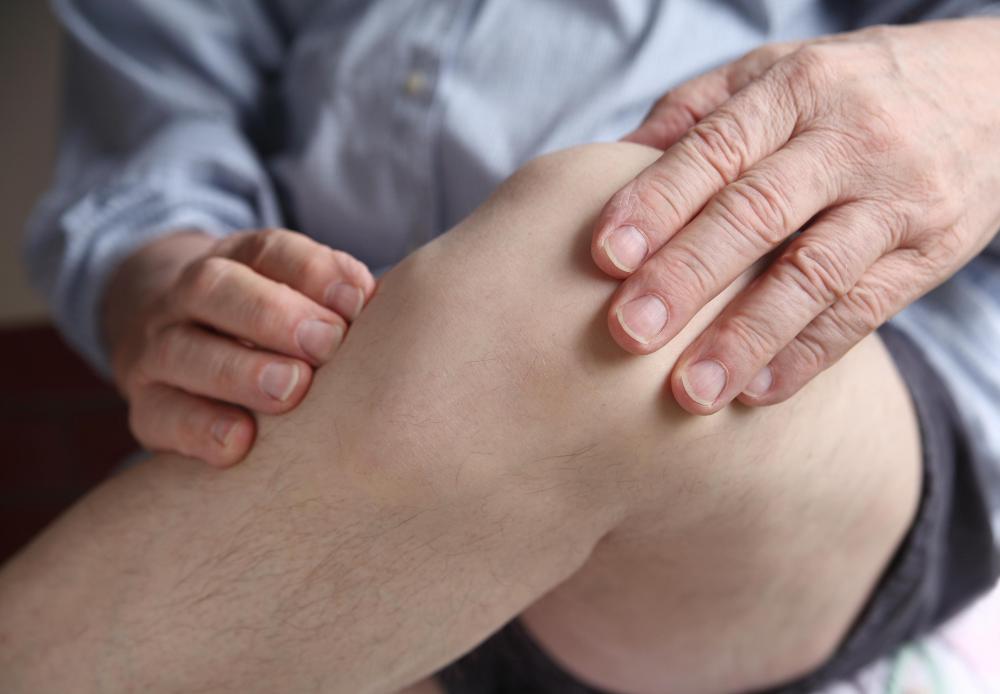At TheHealthBoard, we're committed to delivering accurate, trustworthy information. Our expert-authored content is rigorously fact-checked and sourced from credible authorities. Discover how we uphold the highest standards in providing you with reliable knowledge.
What is Cortisone?
Cortisone is a hormonal steroid naturally produced by the adrenal gland and manufactured synthetically as a drug in the corticosteroid class of drugs. Corticosteroids act as anti-inflammatories, reducing the inflammation caused by a number of conditions, and also suppress the immune system. The production of cortisone was discovered at the Mayo Clinic and first manufactured by Merck & Co. It is available by prescription in the form of tablets and topical creams and is also administered by injection.
Injections of cortisone are commonly administered to patients suffering from localized joint or muscle pain resulting from conditions such as carpal tunnel, and injury to excessively used joints, such as the shoulder or knee. As opposed to oral doses, which are absorbed by the body gradually over a period of time, injections allow for immediate and targeted relief of localized inflammation and pain. These injections often contain an additional pain reliever intended to provide immediate numbing and relief from pain, while the corticosteroid works within a day or two. Cortisone injections can provide lasting relief for several weeks.

Oral doses are more effective at treating widespread inflammation and joint pain, such as arthritis. In addition to treating pain and inflammation caused by arthritis, injury, and other conditions, cortisone is sometimes used to treat endocrine disorders, allergic reactions, skin conditions and disorders, as well as some respiratory disorders and other conditions.

Side effects of cortisone vary and some can be dangerous. Adverse reactions include sodium and fluid retention, potassium loss, muscle weakness, abdominal discomfort, and immune system suppression. While cortisone acetate may be prescribed in immunosuppressant doses, the complications of a suppressed immune system can occur in any patient, especially with long-term use. These complications include infection, vulnerability to infection and viruses, and difficulty with wounds healing.

A medical professional may recommend cortisone in any form to treat a variety of conditions and complications. Patients should remember to tell their healthcare providers about any other medications they may be taking. It is also important to remember not to have any “live” virus immunizations while taking corticosteroids.
AS FEATURED ON:
AS FEATURED ON:




















Discussion Comments
@ysmina-- Yes, cortisone does increase blood sugar. Diabetics must be careful and most monitor their blood sugar carefully while on cortisone. It may be necessary to adjust the dose of insulin and other diabetic medications while this side effect of cortisone continues. Also, ask your doctor about this. Some cortisone treatments have more of an effect on blood sugar than others.
When I had to use cortisone a few years ago, I experienced high blood sugar for almost a month after cortisone. More recently, I was given cortisone again but this medication only caused high blood sugar for thirty-six hours. So in my experience, some types of cortisone are better for diabetics than others and doctors should be up to date on this.
I read that diabetics should be very careful with cortisone because cortisone can increase blood sugar levels. Is this true? Are there any diabetics here who have used cortisone? Did you experience problems with your blood sugar as a result? Please let me know.
I've had to get a cortisone injection twice in the past two years for my lumbar herniated disc. I was not too happy about the fact but I can't deny that cortisone has been extremely helpful. It takes a few days to kick in but it reduces pain, stiffness and inflammation quickly and the effect lasts for many months. I'm sure that I would be miserable for far longer without cortisone. Pain relievers and muscle relaxers helps too, but not as much as cortisone. So if anyone out there needs this treatment but is refusing, please go ahead with it. You will definitely see the difference.
Abuse and side effects are still possible, so cortisone should be taken only under a doctor's care.
Is cortisone one of the anabolic steroids steroids that have been used by athletes?
Post your comments